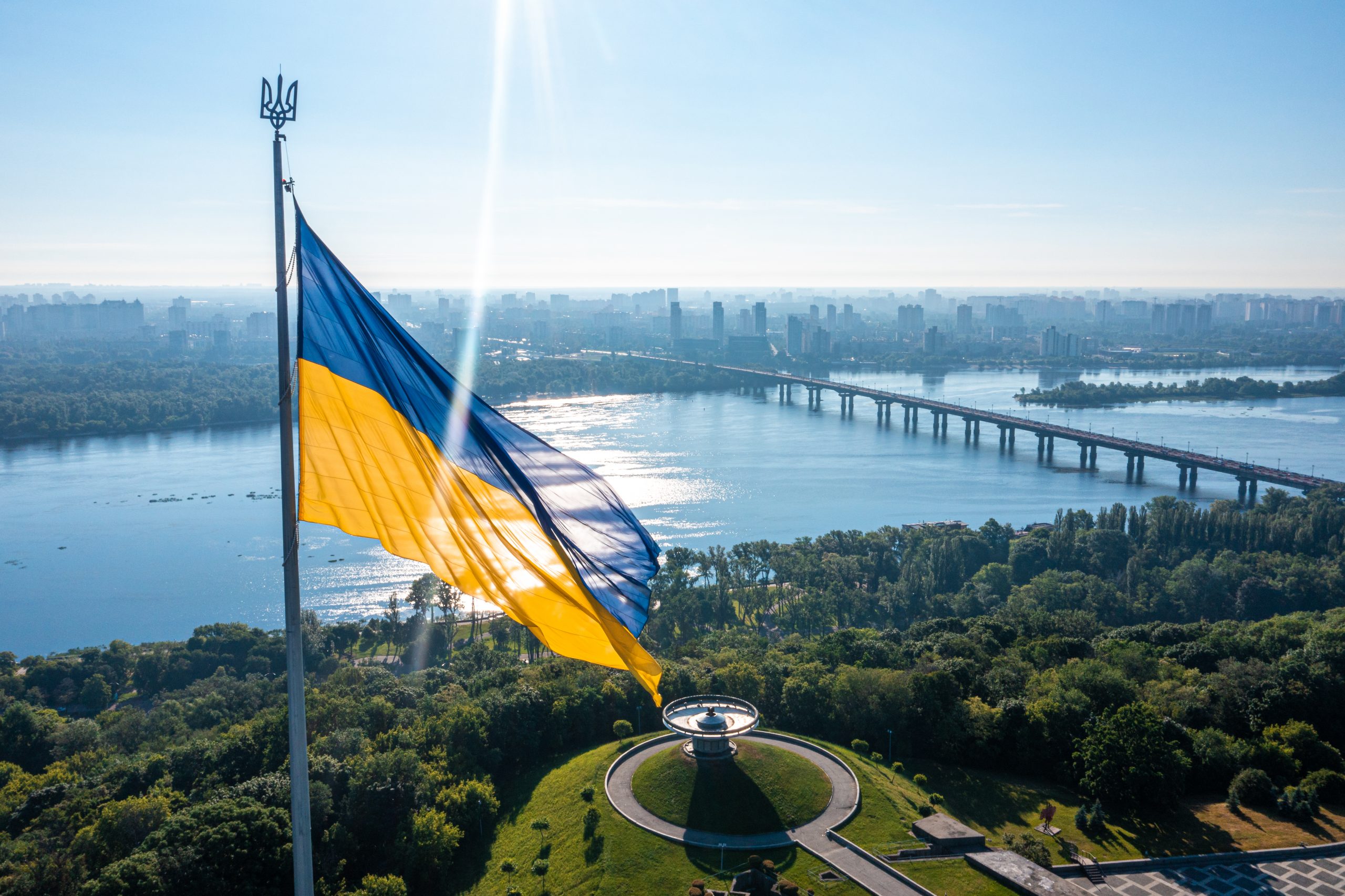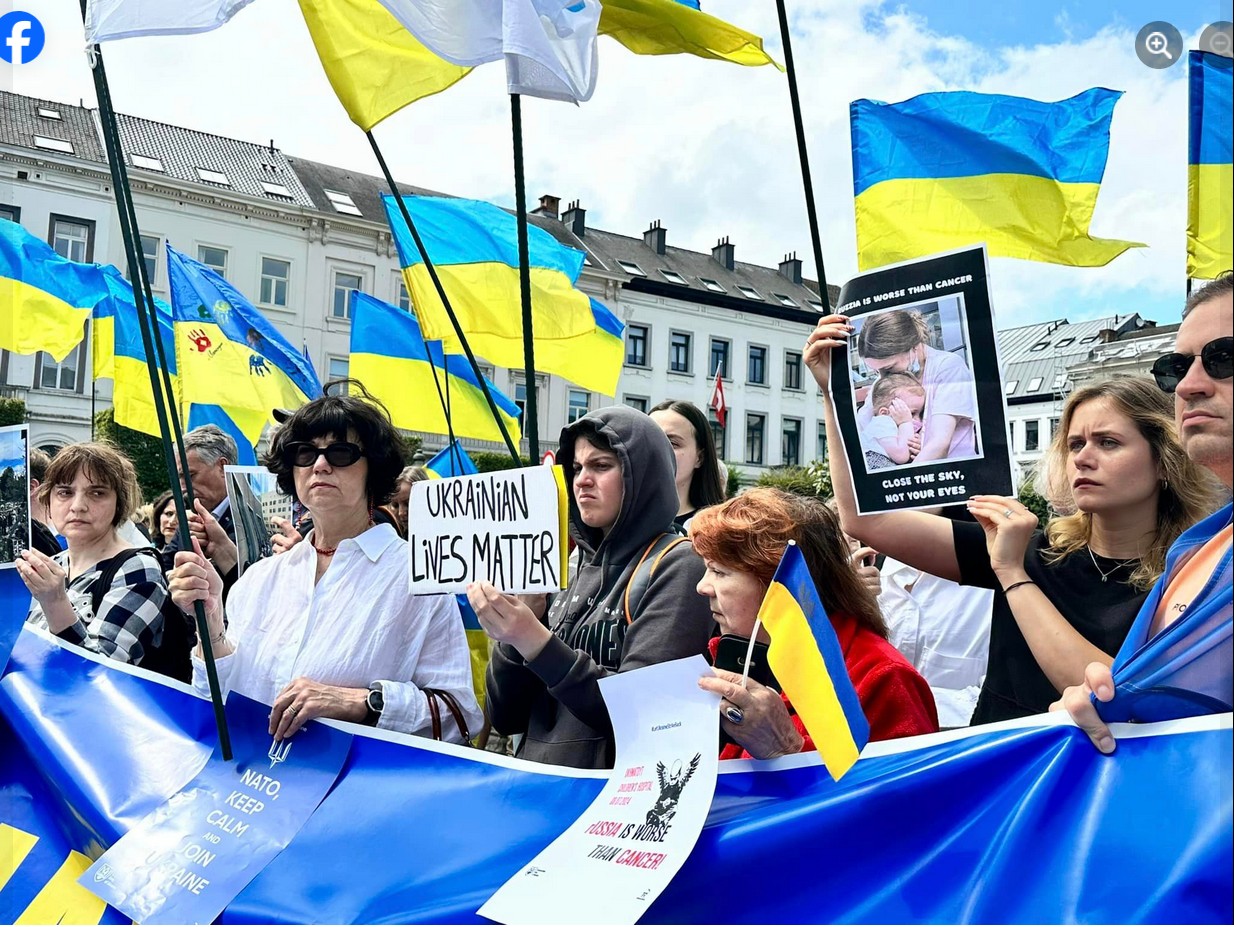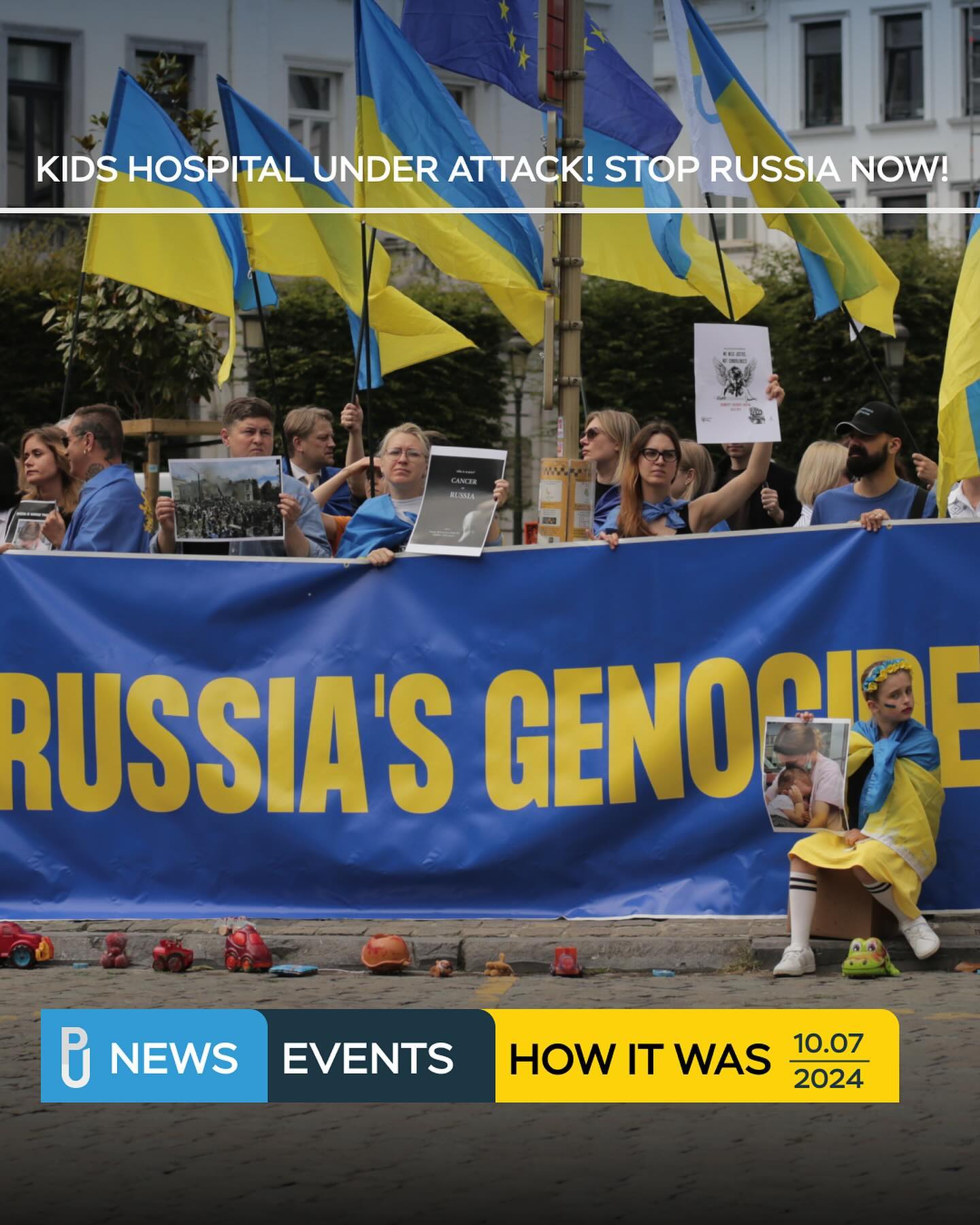Last year, Russian authorities continued the crackdown on rights and freedoms. Ahead of the elections in the country, the Russian Federal State Statistics Service added fuel to the flame, saying that Russia’s pensioners became even poorer than before. This contradicted Putin’s statements that the pension reform would only improve the living conditions of pensioners and in no way harm their existence. This “disgrace” led to a ban on the State Statistics Service’s publications during the election campaign.
Since the independent candidates from the opposition were eliminated by the authorities, the Kremlin faced a real danger of strengthening the Communist Party as the only possible competitor.
The Communist Party candidates were even expected to score off the candidates from the pro-government party in some regions. Therefore, without hesitation, one of the Communist Party leaders, Pavel Grudinin, was deprived of registration for alleged violations in the submitted documents. Perhaps this measure was even “excessive” because the election results (even rigged) showed that voters had not been willing to vote for “the lesser evil.”
The unpredictability of the results forced the Kremlin to use “new” mechanisms to distort the results. The three-day vote, which had already been tested on constitutional amendments, provided an additional opportunity for mass fraud in the results of “fair” elections. It has become almost impossible to control the course of the process. In light of the introduced possibility of e-voting, it becomes clear that there was no hope for “fair and transparent” at all. And the society, intimidated by the authorities with criminal cases, did not hope for the decency and justice of the authorities, so practically no serious rallies against the “stolen elections” took place in Russia. The United Russia party gained a “confident victory,” for which Putin personally thanked CEC chair Ella Pamfilova.
Representatives of the Communist Party were the only ones who did not publicly agree with the results. In particular, MP Valeriy Rashkin took supporters to the centre of Moscow. In October, he was stripped of his parliamentary immunity after allegations of illegal hunting in the woods near Saratov.
The Kremlin’s authorities remained in power. At the end of the year, there was hope for some kind of justice. Society expected the annual Nobel Peace Prize to be awarded to either Alexei Navalny or Maria Kolesnikova, ensuring a certain “immunity” to these fighters for freedom and justice. But even here, to Putin’s delight, Europe compromised. The prize was given to Dmitry Muratov, the editor-in-chief of the Novaya Gazeta. Of course, he deserved the award as the Nova Gazeta tries to openly call the government’s attention to its troubles, mistakes, and even crimes. But compromise means compromise. Muratov is not Navalny.
Repressive machine
In the last months of the year, the authorities continued to crack down on rights and freedoms, banning the activities of Russia’s oldest human rights and education centre, Memorial. Russia’s political prisoners are now left to fend for themselves in the face of the Kremlin’s repressive machine. The centre, which was co-established by Academician Sakharov, was recognised as “justifying terrorism and depressing Russian society.” Only three years ago, Putin personally unveiled a memorial to political repression victims on the Academician Sakharov Avenue in Moscow and delivered an insightful speech on the importance of “remembering victims of repression.” “Everyone could be accused of far-fetched and completely absurd accusations,” Putin said back then. But that was three years ago. Now, in Putin’s modern Russia, those words became an “instruction” to the Kremlin’s security forces.
The Memorial was followed by OVD-Info, which provided assistance to political prisoners. This organisation also found itself to be out of law…
This is by no means a complete list of examples of the destruction of the principles of democracy and social justice in Russia over the past 2021. The year was quite gloomy. The coronavirus stayed on, people became poorer, officials became “fatter,” “spiritual bonds” loosened, the country plunged even deeper into crisis. And hopes for a bright future did not come true. It is impossible to recall at least something that would cause a general upsurge among ordinary Russians, the Russian nation in 2021.
Constant pressure from the authorities, who tried to deprive Russians of remaining rights and freedoms all year long, new repressive laws, the use of pandemics to create a huge infrastructure of total control over the society, the defeat of opposition NGOs, “draconian” censorship on the Internet… All these things are no longer surprising as they became a common feature of modern Putin’s Russia.
According to Gallup International research, the level of happiness is gradually increasing around the globe. Except Russia, which is among the bottom five nations. Russians have become increasingly dissatisfied with their lives. This figure comes now at a nadir over the past 10 years.
It becomes quite clear why more Russians tend to ask Santa Claus for mercy in recent years …
Yuri Fedorenko, Head of NGO “Agency for Development of Democracy and Information Freedoms”
Views of the author do not necessarily reflect the official position of the editorial staff






 UA
UA FR
FR DE
DE




